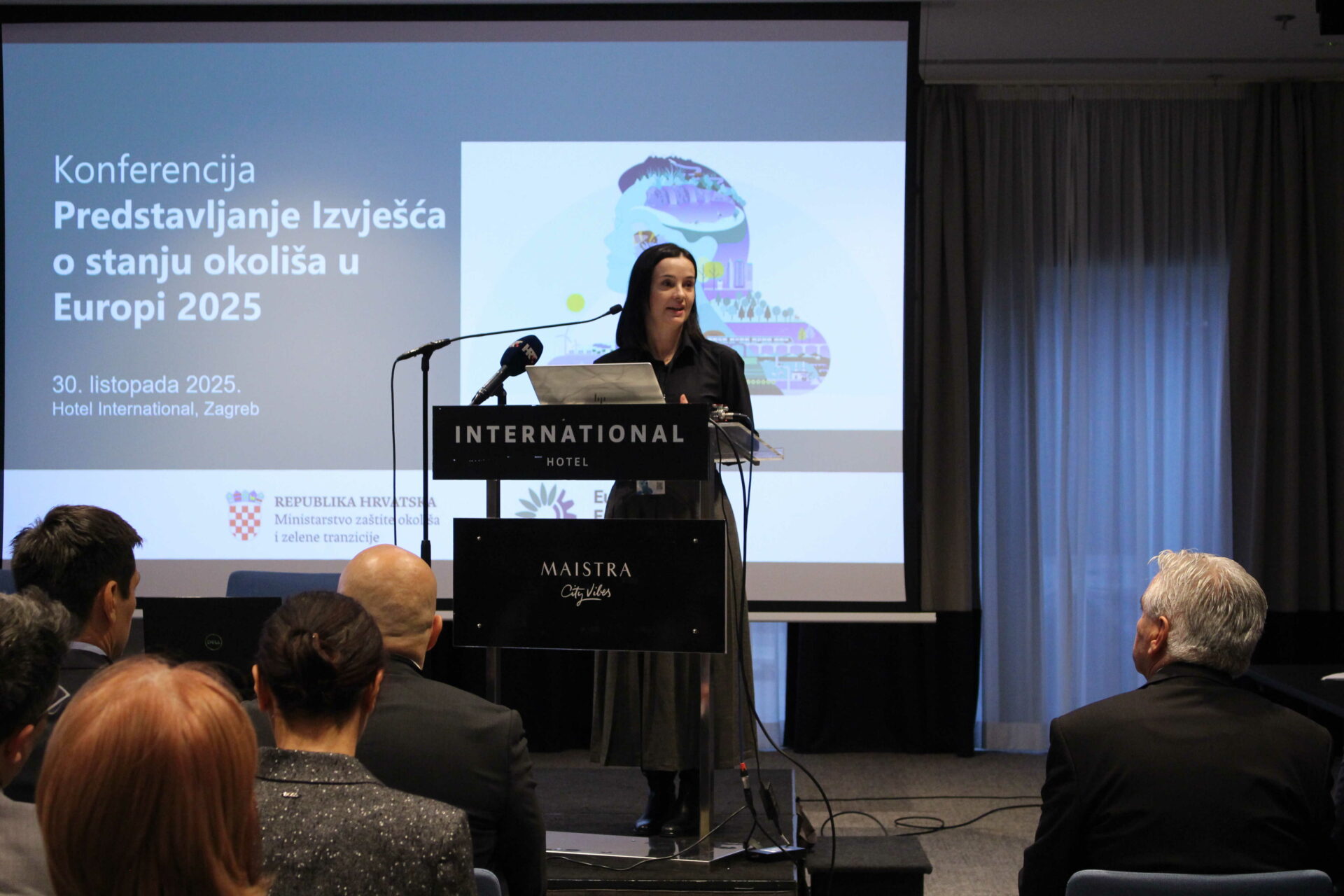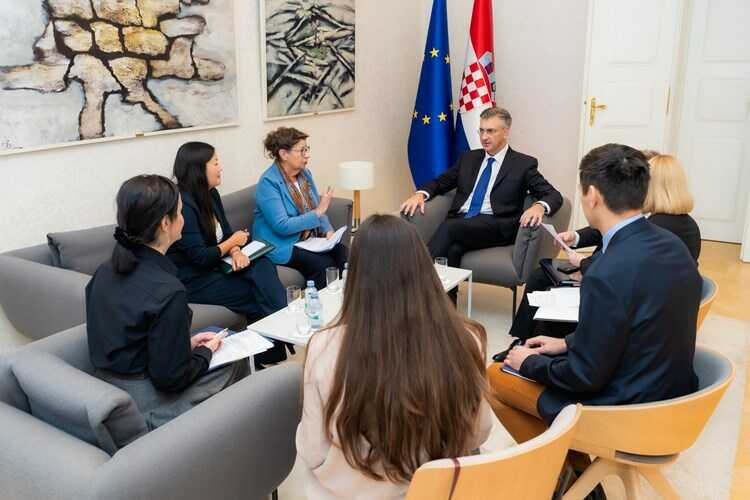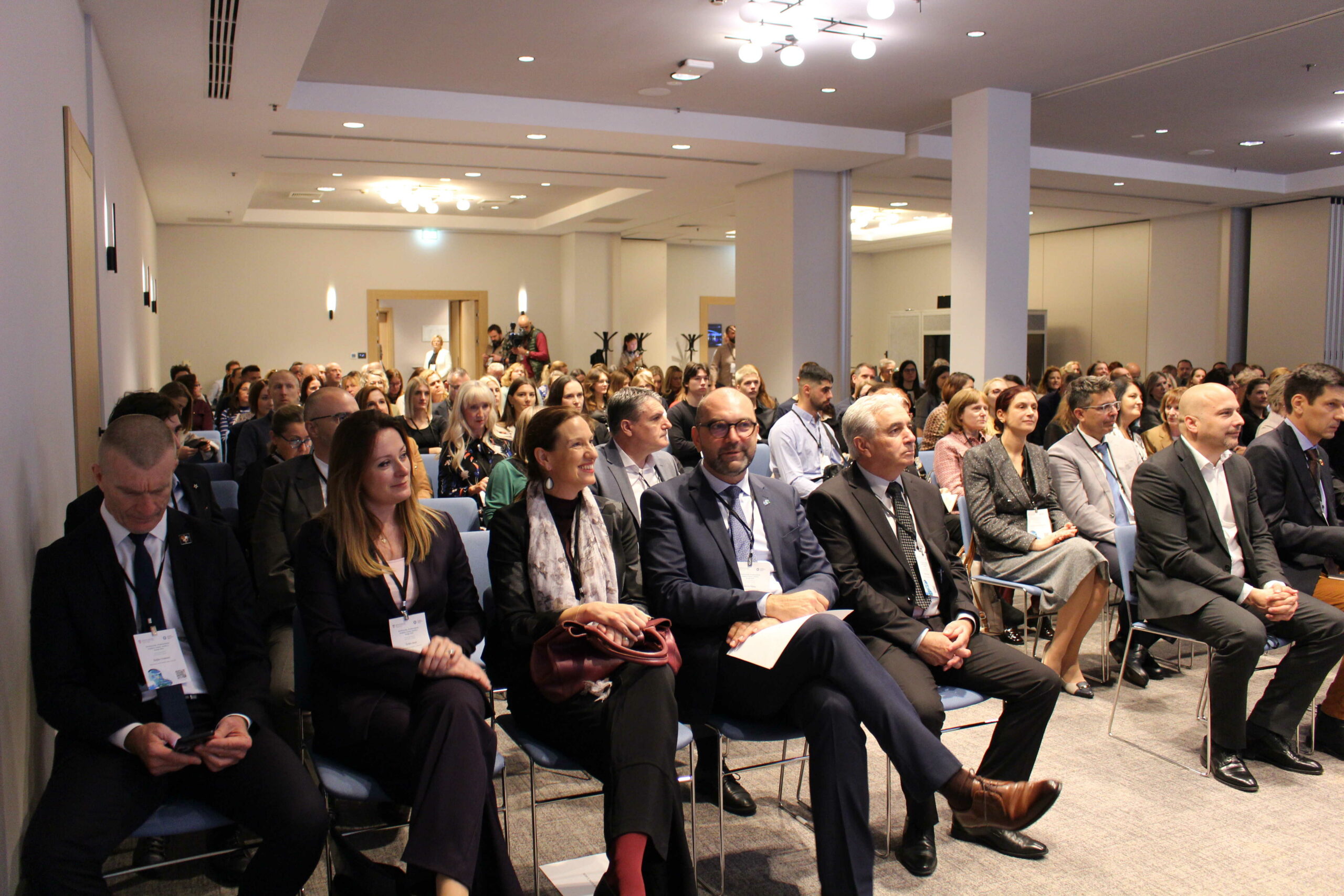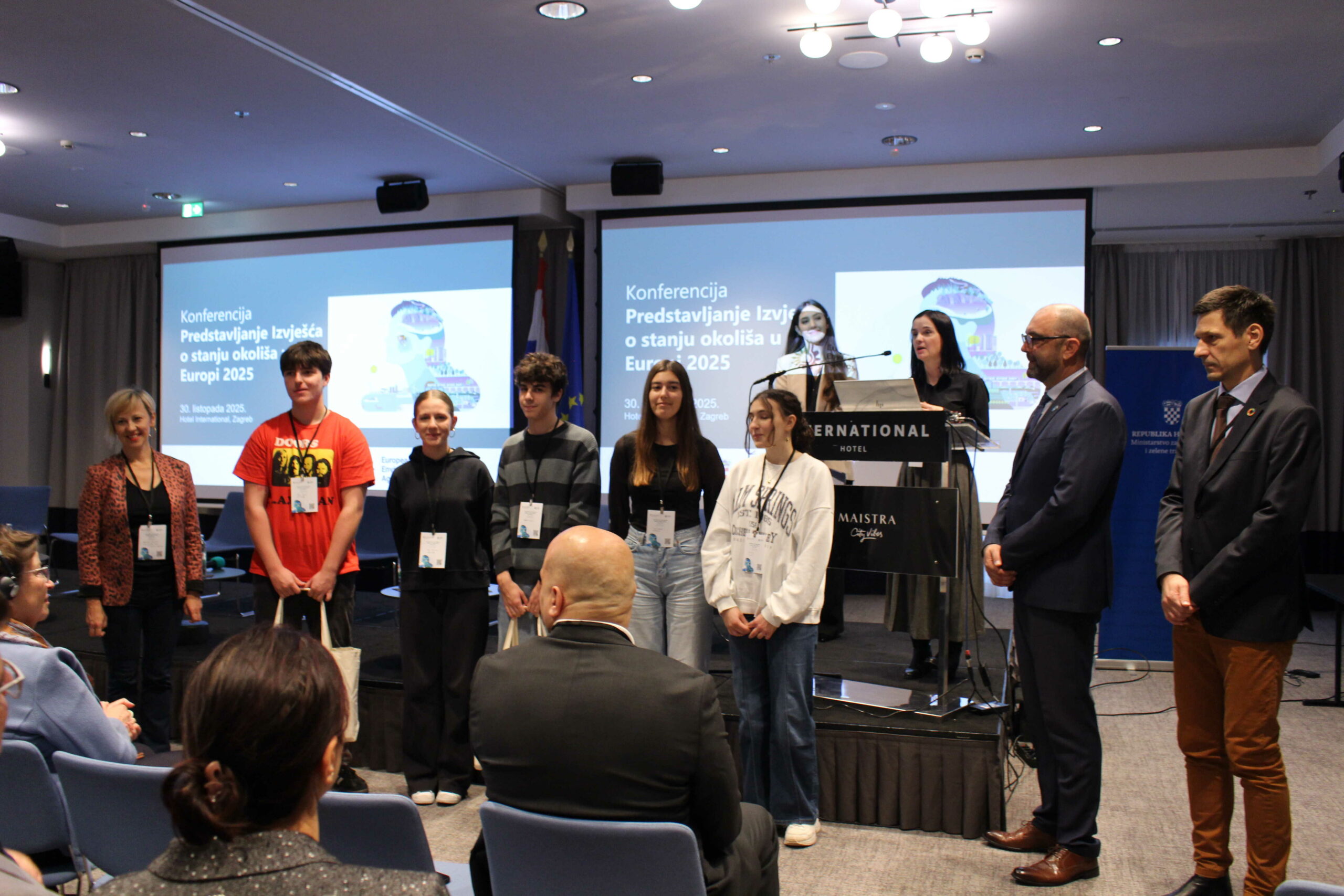European Environment Report 2025 Presented in Zagreb


European Environment Report 2025 Presented in Zagreb
At a conference in Zagreb, the European Environment Report 2025 was presented in Croatia for the first time. The report is a key document for assessing the EU’s progress in environmental protection and sustainability. Leena Ylä-Mononen, Executive Director of the European Environment Agency (EEA), stated that Croatia ranks eighth in the quality and availability of environmental data and is making good progress in environmental protection. She added that, as the newest EU Member State, Croatia is integrating very successfully into European environmental standards, but that accelerating climate change requires greater adaptation by society and cities.
Prime Minister Andrej Plenković emphasised that for Croatia – a Mediterranean country warming faster than the global average – the priority is to strengthen resilience to wildfires and extreme weather events. He underlined the government’s continued commitment to decarbonisation and investment in renewable energy sources, stressing that economic growth must remain aligned with sustainable development.
Minister of Environment and Green Transition Marija Vučković highlighted progress in organic farming, renewable energy, air quality, and protected area management. She announced that investments in environmental protection will exceed six billion euros by 2030. The Minister pointed out that transport-related emissions remain the biggest challenge, and that significant progress is also expected from industry.
According to the European Environment Agency’s assessment, Croatia has made substantial progress in reducing air pollution and improving waste management, with notable achievements in nature conservation. The country has already surpassed both EU and global biodiversity protection targets of 30% of land and sea areas protected by 2030.
As part of the conference, Mario Šiljeg, Director of Josip Juraj Strossmayer Water Institute, presented students of the Vladimir Prelog School of Natural Sciences with a mobile laboratory for water and soil analysis, as an example of investment in young professionals and education for environmental sustainability.


